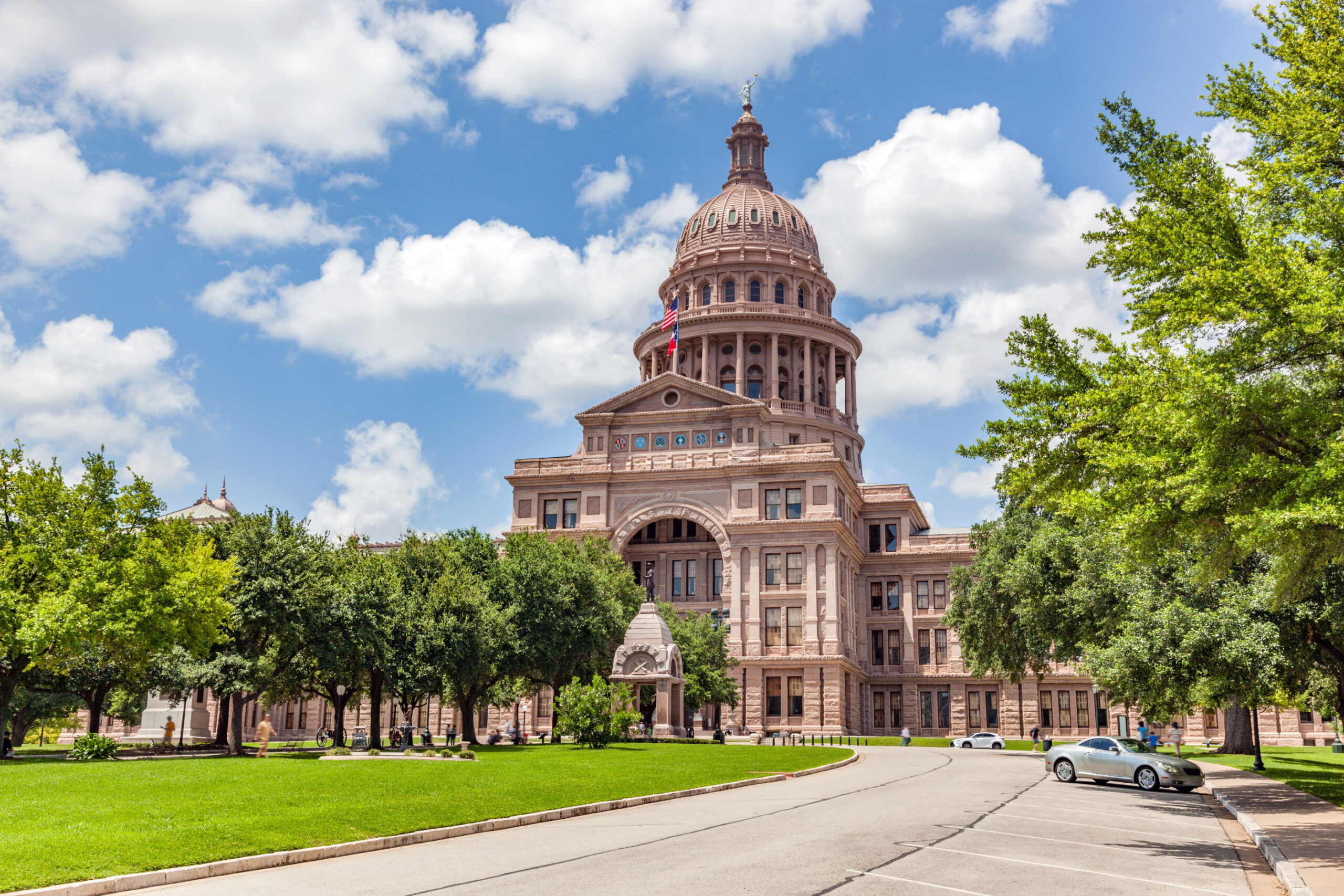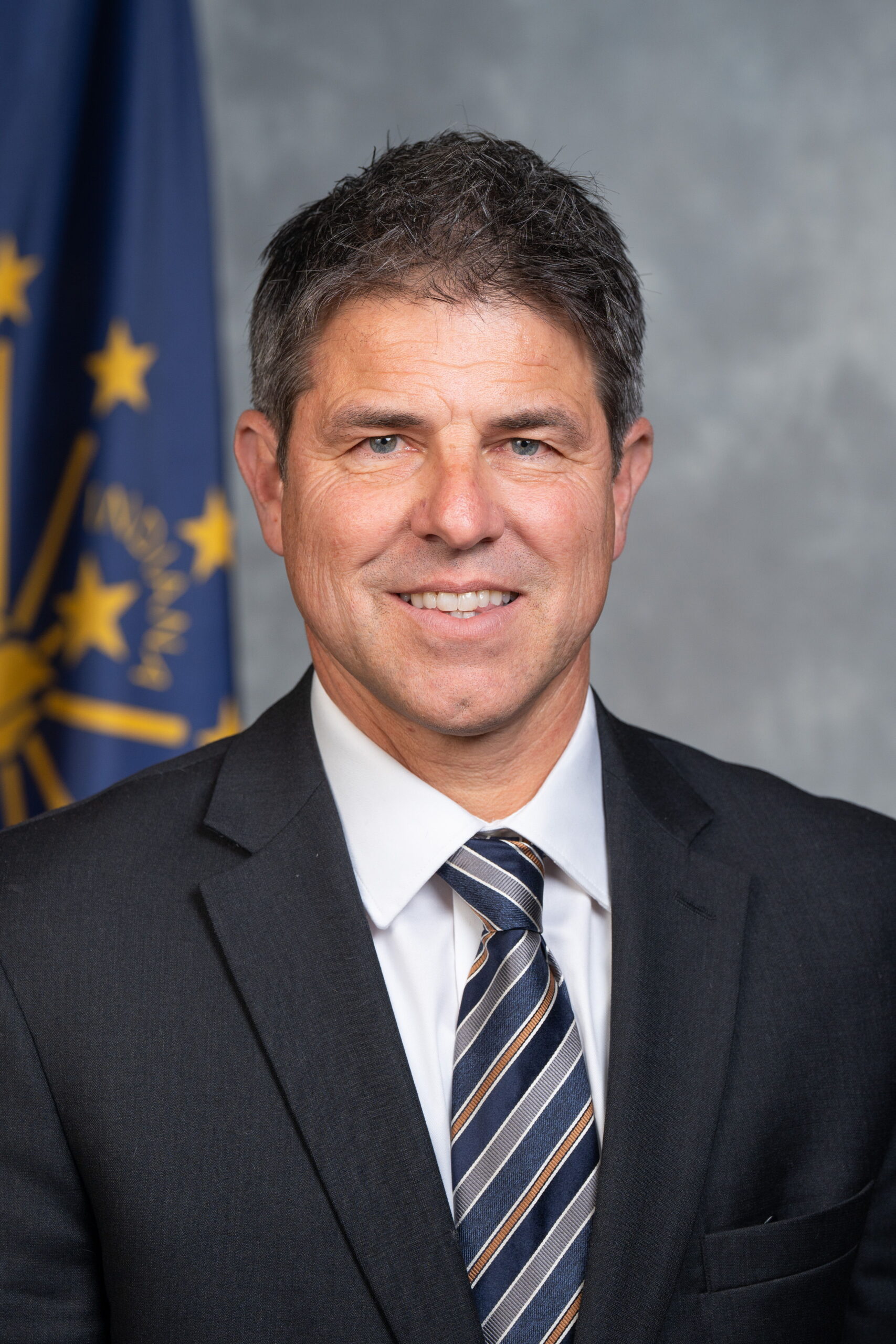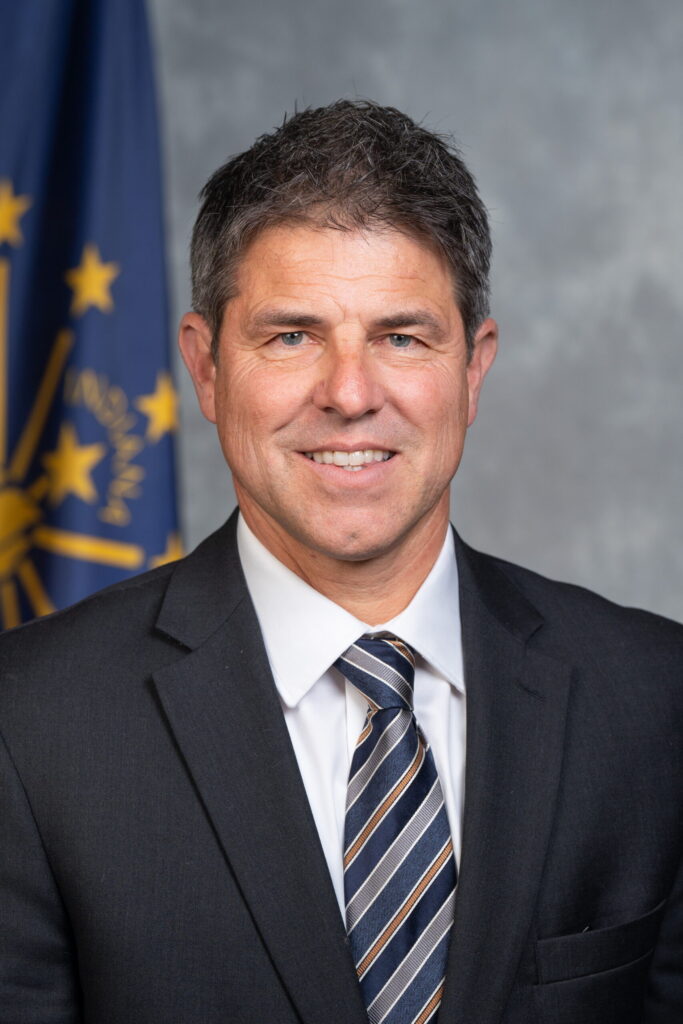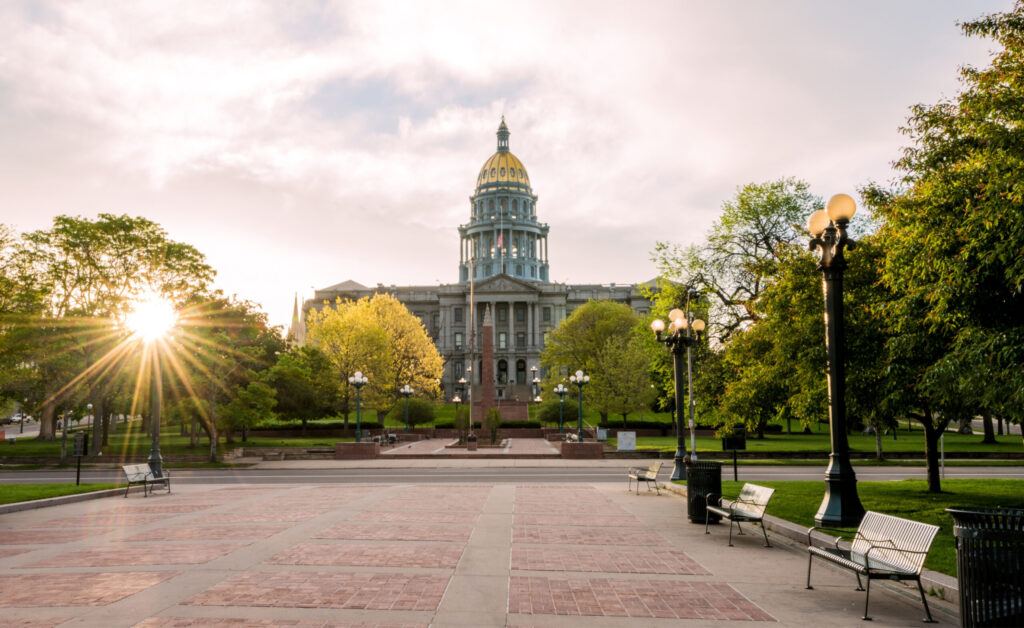Texas Legislature Wraps Historic Session with Major Wins on Education, Taxes, and Water

The Texas Senate officially adjourned sine die on Monday, marking the end of a 140-day regular session that delivered sweeping reforms on education, taxes, and public policy. In what Lt. Governor Dan Patrick called “the finest session any Texas Senate has ever had,” lawmakers passed landmark legislation across multiple fronts, including school choice, bail reform, and infrastructure.
For the first time, Texas approved a measure allowing the use of state funds for private school tuition. The bill sets aside $1 billion to create approximately 100,000 education savings accounts (ESAs), which parents can use to pay for private school costs. The historic legislation was paired with $8.5 billion in new public education funding, largely directed toward increasing teacher and staff salaries. The effort was spearheaded by Senate Education Committee Chair Brandon Creighton of Conroe, who described it as a permanent investment in the state’s public education system. “This is not just a funding bill, it’s a long-term commitment to the future of public education,” Creighton told members following the bill’s passage on May 23.
Education was one of five emergency priorities laid out by Governor Greg Abbott, all of which saw successful legislative action during the session. The others—bail reform, teacher pay, water, and property tax cuts—were also addressed in the final package of bills sent to the governor’s desk.
In one of the session’s most broadly impactful decisions, lawmakers approved billions in property tax relief. The homestead exemption was raised once again, increasing from $100,000 to $140,000 for most Texas homeowners and up to $200,000 for disabled and senior homeowners. According to Houston Senator Paul Bettencourt, who authored the measure, this change is expected to save average homeowners about $500 annually, with seniors and disabled Texans seeing savings closer to $1,000. Businesses will also benefit, with an increased personal property exemption that will cut around $2,500 from their yearly tax bills.
Long-term infrastructure needs were also a central focus. Lawmakers advanced a comprehensive water security plan authored by Lubbock Senator Charles Perry, chair of the Senate’s Water, Agriculture, and Rural Affairs Committee. The legislation calls for a voter-approved constitutional amendment to dedicate a $1 billion annual revenue stream into the state’s water fund. The fund will finance new water supply projects and address aging, leaky infrastructure—critical to supporting Texas’ growing population through the end of the century.
After years of stalled efforts, the Senate successfully passed a major bail reform bill this session. The measure—SJR 5, authored by Houston Senator Joan Huffman—would amend the state constitution to permit the denial of bail for individuals charged with the most serious crimes, provided the state can demonstrate that the defendant poses a significant flight risk or ongoing threat to public safety. The resolution, which requires voter approval in November, represents the culmination of multiple legislative attempts that previously fell short in the House.
Unlike the last two sessions—which ended with special sessions to address unresolved issues like election integrity (2021) and school choice (2023)—this year’s regular session concluded with most key legislative goals achieved. While Governor Abbott has not yet ruled out the possibility of calling a special session, no pressing issues currently appear to demand one. Barring unexpected developments, lawmakers will not reconvene in Austin until the next regular legislative session in January 2027.
RECENT










BE THE FIRST TO KNOW
More Content By
Think American News Staff











